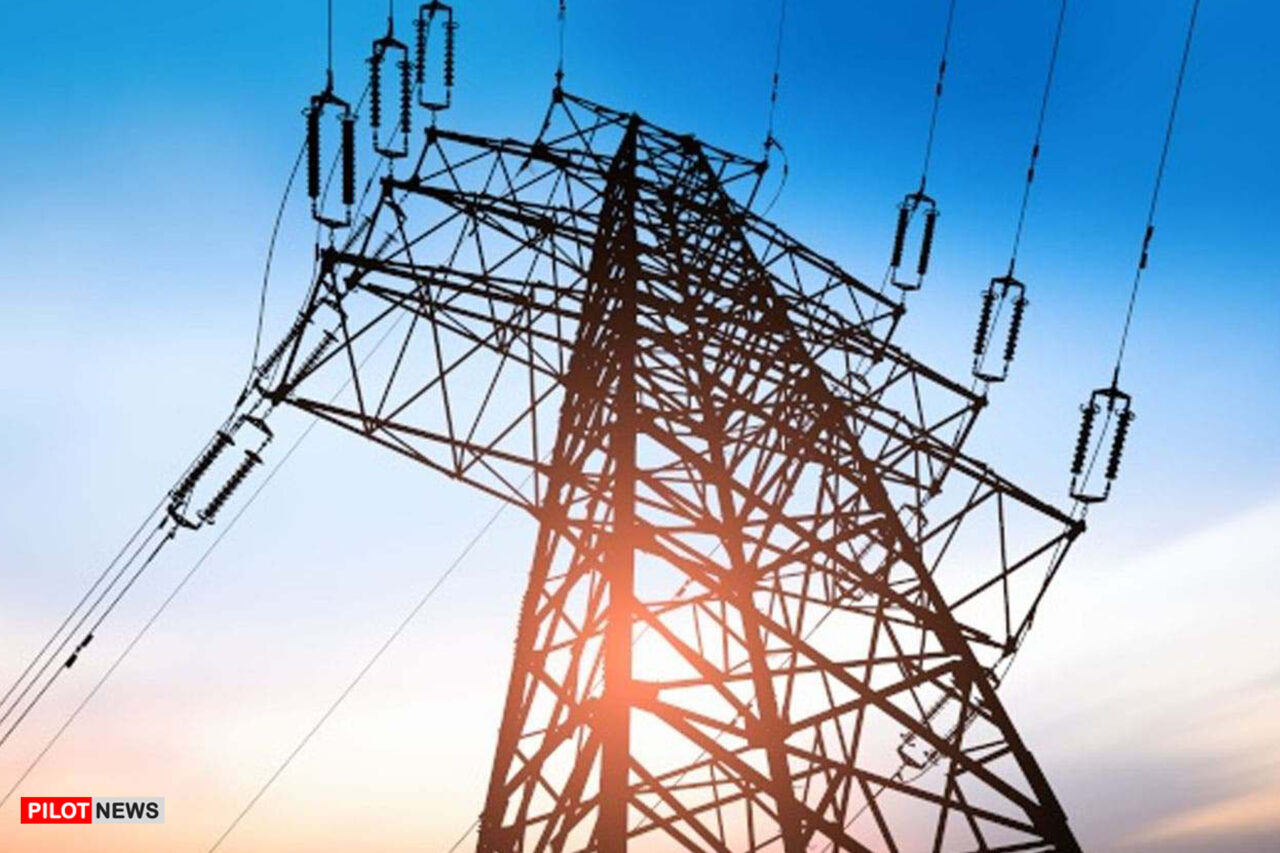ABUJA — The Nigeria Governors Forum has rejected the Electricity Bill 2022, which they argued, is against the interest of the states because it seeks to re-establish a centrally-controlled electricity sector.
This is contained in a letter by the Chairman of the Nigeria Governors Forum (NGF) Dr. Kayode Fayemi, addressed to the Chairman of the Senate Committee on Power, Gabriel Suswan.
The NGF spokesman Abdulrazaque Bello-Barkindo in a statement noted that Fayemi, who is Ekiti State governor, in the letter dated February 22, argued that the governors were averse to the Electricity Bill in the version currently before the Senate.
The governors faulted Suswam’s claim in an article that the Electricity Bill 2022 is based on recommendations put together by a team of consultants engaged by the Senate Committee on Power.
Limiting the powers of state governments to build generation plants, transmission, and distribution lines only in areas not covered by the national grid shrinks the powers of states to make laws for electricity within their state jurisdictions, the governors said.
They urged the Senate to engage the House of Representatives on existing Bills on the electricity sector, particularly the Electricity Power Sector Reform Act (EPSRA) Amendment Bill 2020 among others, which also infringe on the constitutional rights of states to make laws for electricity, to harmonize it into a single draft electricity bill.
The letter reads: We write concerning a matter that has now become one requiring urgent national attention.
It has come to the attention of the Nigeria Governors Forum (NGF) that the Senate of the Federal Republic of Nigeria has before it a Bill for a law to repeal the Electric Power Sector Reform Act, 2005, consolidate various laws relating to the electricity sector and for many other matters both connected and unconnected herewith.
We wish to point out that electricity is not an exclusively federal matter. It is guided by the provisions of the Concurrent Legislative List. Articles 13 and 14 provide that the power to make laws for the generation and transmission of electricity are concurrent.
Also, Article 14 reserves exclusively to the State the power to make laws for the distribution of electricity within a State as it also does the power to make laws for the generation and transmission of electricity exclusively within the borders of a State.
We also wish to note that the National Electric Power Policy, 2001, the only extant Federal Government general policy statement on the electricity sector, in Chapter Three, is very clear that the States and State Governments are key stakeholders in the electricity value chain.
We believe that the reality of the states as key partners in the achievement of universal electricity access by all Nigerians must not only be accepted by the Federal Government but must be legislated by the National Assembly.
According to them, the Electricity Bill before the Senate Committee is neither a true and fair reflection of stakeholders’ interest in the electricity sector nor a true and fair reflection of the Federal executive arm.
Latest posts by Hassan Umar Shallpella (Regional Correspondent) (see all)
- FCCPC Vows To Combat Price-Fixing Of Commodities - April 18, 2024
- Jamb says Any Parent Found Near JAMB CBT Centre Risk Arrest - April 18, 2024
- Pella Community in Adamawa Honours Indigenes for remarkable achievements - April 18, 2024
previous
NANS Protest ASUU Strike, Block Popular Aroma Junction
next


